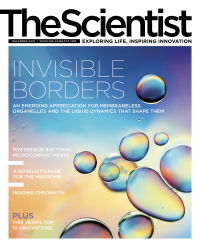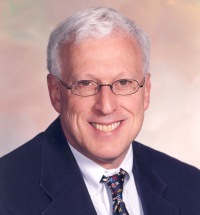 A Washington University researcher has admitted to committing research misconduct in research involving eight U.S. government grants, according to a Federal watchdog, and resigned his position, according to the university.
A Washington University researcher has admitted to committing research misconduct in research involving eight U.S. government grants, according to a Federal watchdog, and resigned his position, according to the university.
Srikanth Santhanam, a staff scientist in the department of internal medicine’s division of gastroenterology at Washington University in St. Louis, “voluntarily admitted to engaging in research misconduct,” vice chancellor for research Jennifer Lodge told Retraction Watch. Santhanam resigned effective December 1, 2018, Lodge said. Continue reading Wash U scientist admits to research misconduct, resigns post








